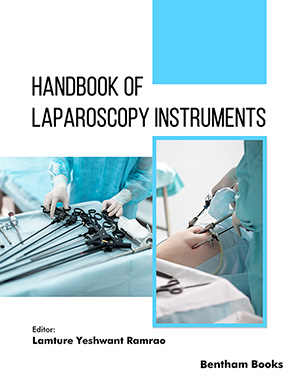Abstract
Cell repair/replacing strategies for neurodegenerative diseases such as Parkinson’s disease depend on well-characterized dopaminergic neuronal candidates that are healthy and show promising effect on the rejuvenation of degenerated area of the brain. Therefore, it is imperative to develop innovative therapeutic strategies that replace damaged neurons with new/functional dopaminergic neurons. Although several research groups have reported the generation of neural precursors/neurons from human/ mouse embryonic stem cells and mesenchymal stem cells, the latter is considered to be an attractive therapeutic candidate because of its high capacity for self-renewable, no adverse effect to allogeneic versus autologous transplants, high ethical acceptance and no teratoma formation. Therefore, mesenchymal stem cells can be considered as an ideal source for replacing lost cells in degenerative diseases like Parkinson’s. Hence, the use of these cells in the differentiation of dopaminergic neurons becomes significant and thrives as a therapeutic approach to treat Parkinson’s disease. Here we highlight the basic biology of mesenchymal stem cells, their differentiation potential into dopaminergic neurons and potential use in the clinics.
Keywords: Mesenchymal stem cells, MSC-derived dopaminergic neurons, Parkinson's disease, clinical trials, cell-based transplantation therapy.






























